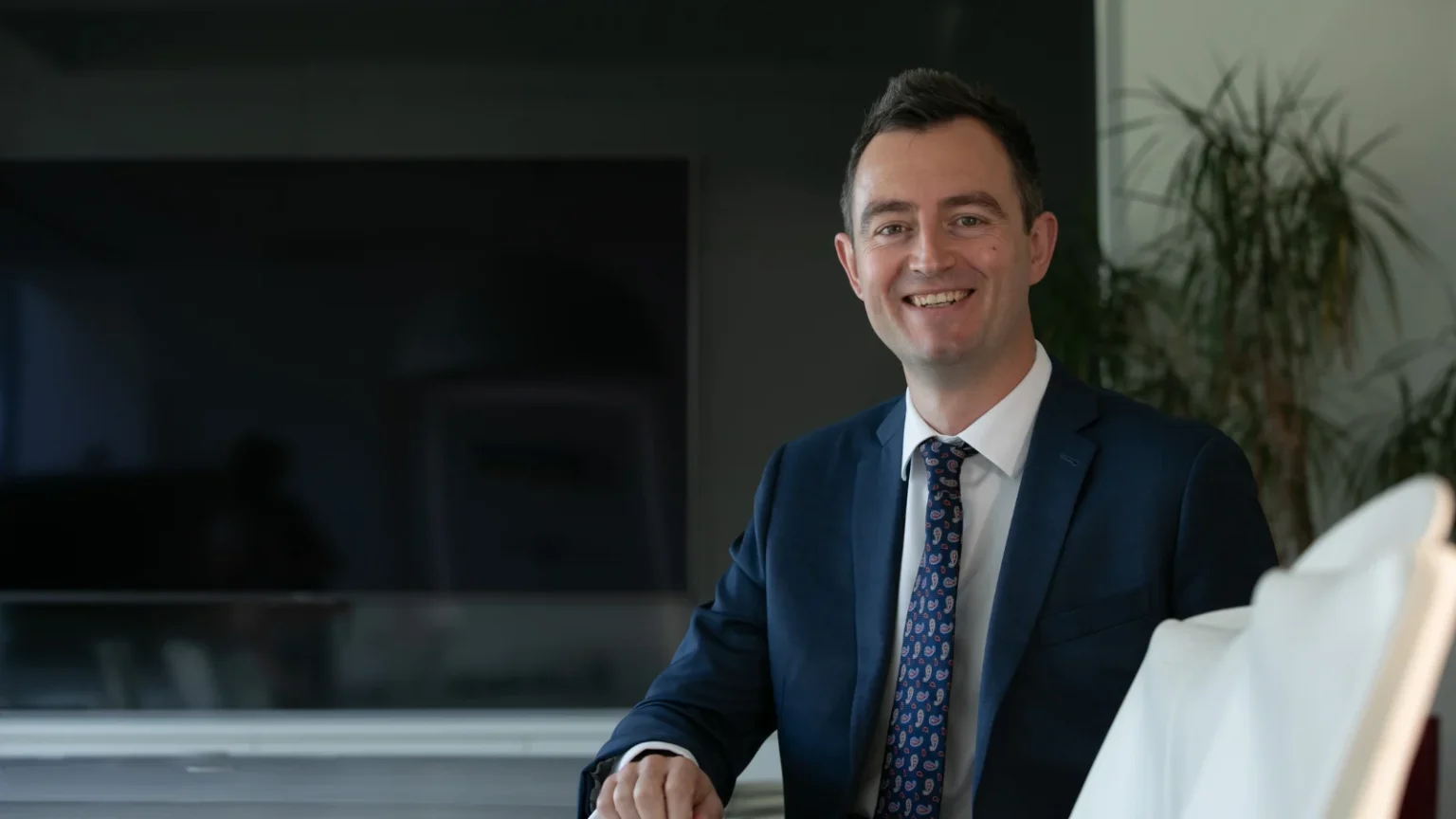Royal Caribbean is embarking on a bold new strategy to target land-based holidaymakers. With the appointment of Aaron Langford as the senior sales director, the cruise line is positioning itself to capture a larger share of the vacation market.
Aiming for Market Expansion
Royal Caribbean is setting its sights on the land-based holiday market, following the successful launch of Utopia of the Seas. Aaron Langford, the senior sales director for the UK & Ireland, has outlined an ambitious plan to shift part of their focus from traditional cruising to capturing vacationers who typically choose land holidays.
This strategic move comes as the cruise industry giant recognises the vast potential in attracting new-to-cruise customers. As Langford explains, each point of share gained in this sector could mean filling the capacity of eight Oasis-class ships. This highlights the substantial growth opportunity for the company.
The Utopia of the Seas Success Story
The introduction of Utopia of the Seas has been pivotal. Launched in Orlando, this Oasis-class ship has been tailored with shorter itineraries, ranging from three to four nights. This appeals particularly to first-time cruisers who are exploring holiday options beyond the conventional.
Langford noted that this was not a mere coincidence but a deliberate strategy. By offering shorter cruises, Royal Caribbean provides an accessible test experience, which he describes as an entry point into the world of cruising. Such initiatives are crucial in redefining cruising as a competitive vacation choice.
The notion is that Utopia of the Seas should be perceived as the ultimate resort destination in Orlando, placing it directly in competition with land-based holiday operators.
Incentivising Trade Partnerships
To bolster this strategic direction, Royal Caribbean has introduced an innovative trade incentive scheme, rewarding agents with up to £500 per booking. This scheme not only acknowledges the hard work of trade partners but also aligns with the company’s future goals.
Langford emphasises that although Royal Caribbean is not the cheapest option, their offerings of value and experience justify the cost. The incentive programme is a way to engage trade partners in the journey toward mainstream holiday integration.
This move is complemented by a growing field sales team and regional outreach activities, like the recent roadshow in Scotland, which engaged over 400 trade partners. Such efforts are aimed at imbibing energy and obtaining valuable feedback, which can inform future endeavours.
Addressing Market Misconceptions
One of the biggest challenges Royal Caribbean faces in attracting land holidaymakers is the misconception of value. Potential cruisers often perceive cruising as expensive without appreciating the value proposition it offers.
Langford articulated that cruises, especially with Royal Caribbean, provide extensive amenities, including full board experiences and unique destinations. This means that when customers pay for a cruise, they receive premium value in return.
Royal Caribbean aims to change perceptions by working closely with trade partners to highlight these advantages, ensuring that the inherent value of a cruise holiday is well communicated.
Strengthening Regional Relations
Royal Caribbean’s strategic efforts are also strongly focused on strengthening regional relations, particularly in Scotland, where recent engagements have provided new insights.
By expanding their field sales operations across England and Scotland, the company is enhancing its presence and fostering closer relationships with trade partners. These engagements are crucial in building a robust network that supports their market expansion goals.
The company values collaborative feedback, which shapes actionable strategies to facilitate easier business transactions within the cruise and holiday sector.
Preparing for the Exciting Wave 2025
Langford and his team are gearing up for Wave 2025 with high expectations. This period promises a range of exciting developments, including the much-anticipated amplification of Allure of the Seas.
The $130 million revamp of this ship is expected to play a pivotal role in upcoming trade activations. Royal Caribbean plans to integrate these developments with broader brand engagement strategies, ensuring that trade partners remain at the forefront of these initiatives.
The upcoming Eurovision announcement is set to be a key component of their Wave activities, further enhancing the allure of the Royal Caribbean experience for both agents and customers alike.
Conclusion
With a commitment to innovation and market expansion, Royal Caribbean is poised to redefine the cruise industry landscape. Through strategic initiatives targeting land-based holiday markets, the company aims to showcase the unparalleled value and experiences cruising offers.
The upcoming plans for Wave 2025 and continued efforts in strengthening trade relations reflect Royal Caribbean’s vision of inclusive growth and dedication to industry leadership.
Royal Caribbean’s strategic focus on land-based holidaymakers signifies a transformative phase for the cruise line. By integrating strategic partnerships and innovative initiatives, the company is set to broaden its market reach, offering exceptional value to a wider audience.

